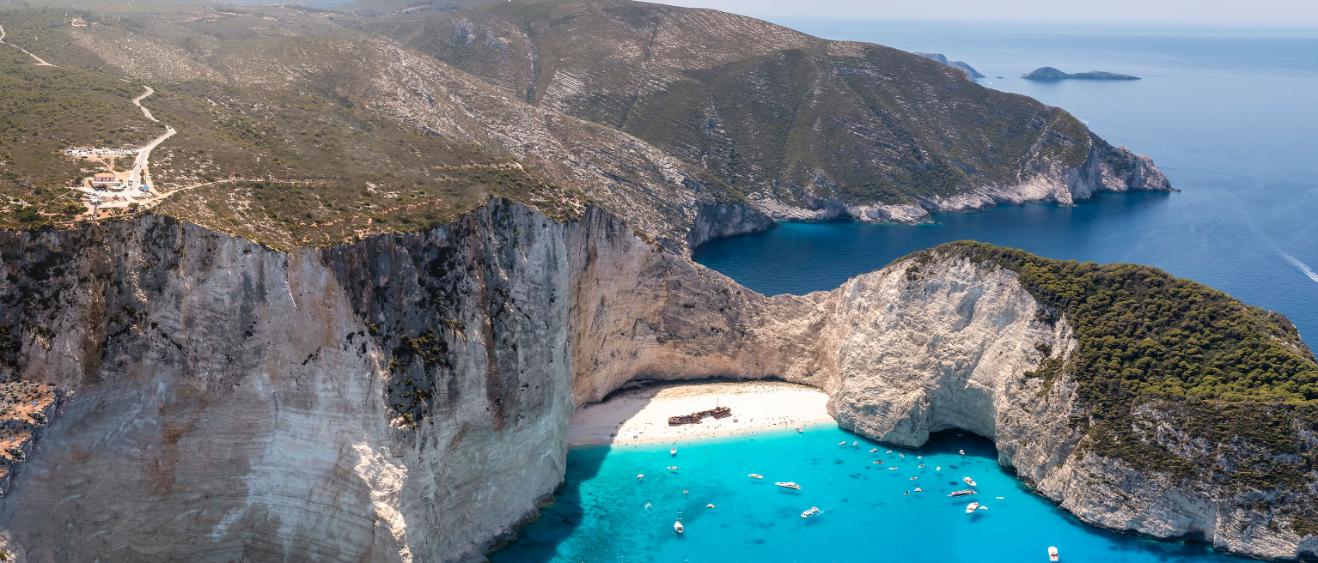
Get the lowdown on your next destination with our insider blog and fully interactive route map. Smart travel starts here.
Where to go by the people that know: Our blog uncovers the hidden gems that turn a great holiday into something truly unforgettable.
From Aberdeen to Zurich via Bermuda and Malaga, tour the world with our interactive route planner and book the flights for your next adventure.

